A former restaurant billionaire, Prigozhin founded the Wagner group, which rose to prominence in the Ukrainian conflict, but ended up waging an unexpected rebellion.
Yevgeny Prigozhin, 62, the leader of the Wagner group's uprising that shook Russia on June 24, had no military background.
He emerged from St. Petersburg in the late 1990s as a restaurant businessman, gradually building up his reputation with the Kremlin, moving into construction and opening a mercenary company.
In the 1980s, Prigozhin spent nine years in prison for petty theft. After his release, he reformed and opened a sausage shop in St. Petersburg. Prigozhin opened a sausage counter in a supermarket chain and eventually founded a restaurant and catering company called Concord.
Prigozhin's restaurant became famous for its delicious food and attracted many famous people in St. Petersburg, including Deputy Mayor Vladimir Putin, who often dined there. Since then, the Concord enterprise began to win contracts to supply food to government agencies, helping to raise Prigozhin's profile.
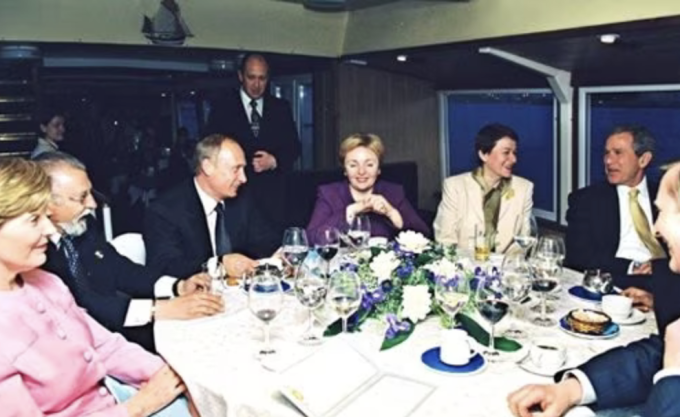
Russian President Vladimir Putin dines at Prigozhin's New Haven restaurant in St. Petersburg in the early 2000s. Photo: Kremlin
After Putin became President of Russia, Prigozhin was hired to provide full-service cooking and serving for high-level Kremlin events. Prigozhin's close relationship with the Kremlin in the early 2000s earned him the nickname "Putin's personal chef."
Concord also won several large public-private partnership contracts, making Prigozhin a billionaire with an estimated net worth of $1 billion. His business empire and political connections became a springboard for Prigozhin to expand into more influential fields.
The US government accused Prigozhin of creating the Internet Research Agency (IRA) in Russia, which was essentially a propaganda and disseminating center for disseminating fake news, in order to manipulate US social media and influence elections. The US also accused Prigozhin of trying to influence the 2016 presidential election, when Donald Trump was elected.
"We have been, are and will continue to interfere in the US elections. It will be done carefully, precisely and in our own way, we know how to do it," Prigozhin admitted in November 2022.
Prigozhin entered the military field in 2014 with the decision to establish the Wagner company. Wagner members are Russian veterans recruited by Prigozhin to assist Russia in protecting its national interests and security.
Wagner is believed to have been involved in ensuring the smooth conduct of the 2014 referendum to annex the Crimean peninsula to Russian territory, as well as providing military support to separatist forces in the Donbass region of eastern Ukraine.
Prigozhin admitted as much last year, arguing that he set up the Wagner private military group because the quality of Russian volunteers sent to support separatists in eastern Ukraine after 2014 had not met expectations.
"I immediately realized that half of the volunteers were not good people. I decided to act on my own. From that moment on, an organization of patriots was created, which was later named Wagner," said Prigozhin.
Wagner initially had about 8,000 members, but over the past decade it has rapidly grown into a professional armed organization, with operations spanning several continents. The organization headed by Prigozhin has a presence in many conflict zones around the world, including the battlefields of Syria and African countries.
Since 2018, Wagner has signed numerous security and military assistance contracts with the governments of the Central African Republic and Mali, and has acquired mining and gold rights in those countries. With about 5,000 members deployed in Africa, the size of Wagner’s force is roughly equal to the number of U.S. troops and support personnel on the continent, estimated at about 6,000.
But for years afterward, Prigozhin concealed that he was Wagner’s founder, denied the rumors, and even filed a lawsuit against Bellingcat, an independent investigative organization, after it published evidence of his links to Wagner. But Russia’s campaign in Ukraine since February 2022 has changed all that.
Prigozhin publicly acknowledged that he was the founder of Wagner last year, and vowed to support the Russian military in Ukraine. A few months after the outbreak of hostilities, Wagner opened its headquarters in St. Petersburg, opened its official social media channels, and launched a nationwide recruitment drive.
Prigozhin became the face of Wagner, appearing in many of the group’s recruitment videos. Wagner also became a household name in Russia’s war in Ukraine, as the role of this “mercenary” force grew increasingly important.
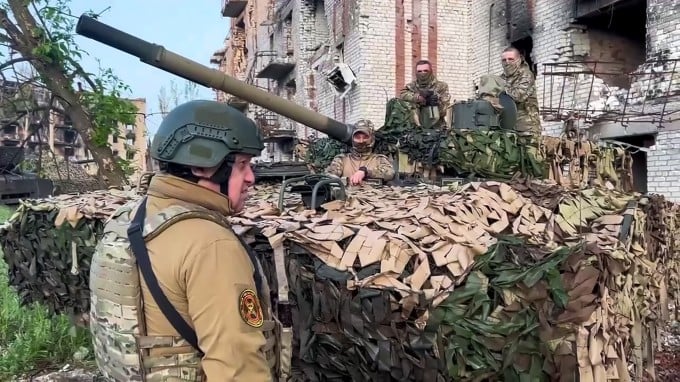
Wagner boss Yevgeny Prigozhin talks with soldiers in Bakhmut in this photo released on May 25. Photo: AFP
As Russia was forced to withdraw troops from several key fronts in Ukraine in mid-2022, Wagner became the only force that maintained its momentum in Bakhmut. Prigozhin went to many prisons across Russia to recruit soldiers, promising that prisoners would be pardoned after their contracts with Wagner ended.
By the end of 2022, Wagner had about 50,000 fighters, equipped with artillery, aircraft and attack helicopters, tanks and armored vehicles. Wagner played the main role in the attack on the city of Bakhmut, while regular Russian units supported the rear.
After months of fierce fighting, Wagner took complete control of Bakhmut, increasing Prigozhin's reputation and influence in Russian politics. Prigozhin then announced the withdrawal of Wagner's troops to their rear bases and handed the city over to regular Russian troops.
However, Bakhmut was also where the disagreement between Prigozhin and the Russian military leadership emerged and became increasingly deep. Over the past several months, Wagner has been harshly criticizing the heads of the military and the Defense Ministry for the lack of ammunition and ineffective coordination, which has caused Wagner soldiers to suffer heavy casualties.
In a video in May, he criticized Defense Minister Sergey Shoigu and Chief of the General Staff Valery Gerasimov as “weak,” accusing them of “treason” for refusing to supply Wagner with ammunition. He has previously criticized several Russian commanders for their military’s retreats in Ukraine, such as the decision to withdraw from the city of Kherson earlier this year and the defeat at the Kharkov front in late 2022.
Wagner also rejected a request in early June to sign a contract with the Defense Ministry that would have placed the force under the command of the regular army. Prigozhin said this was a plan to "disband" Wagner despite its achievements in Bakhmut.
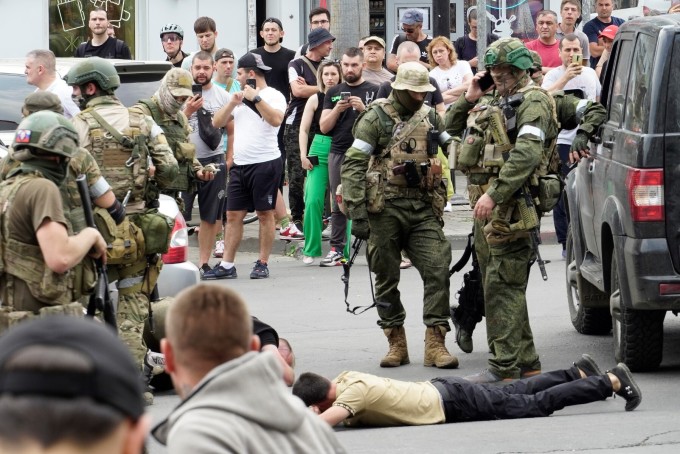
Wagner mercenaries arrest a man in the city of Rostov-on-Don on June 24 after taking control of military facilities. Photo: AFP
Tensions escalated to a boiling point on June 23, when Prigozhin accused Defense Minister Shoigu of traveling to Rostov and directing a missile strike on a Wagner group barracks in Ukraine that killed several of the group's fighters. The Russian Defense Ministry denied the accusation. Deputy Chairman of the Russian Security Council Dmitry Medvedev also said that the information was "groundless" and "nonsense."
However, Prigozhin still summoned forces, divided into many groups, to enter Russian territory to force the Defense Ministry leadership to "take responsibility".
The Russian Federal Security Service (FSB) announced on the same day that it had opened a criminal investigation against Prigozhin and called for the arrest of Wagner's leader on charges of inciting armed rebellion. President Putin condemned Wagner's actions as treason and authorized the military to use all necessary measures to restore order.
In less than 24 hours, Wagner units took control of military facilities in two border cities, Rostov-on-Don and Voronezh. Wagner forces continued to move toward Moscow on the afternoon of June 24 and at one point were about 200 kilometers from the capital, before Prigozhin suddenly announced a withdrawal to avoid bloodshed.
Wagner forces withdrew from the city of Rostov-on-Don on the night of June 24. Video: AFP
The office of Belarusian President Alexander Lukashenko said that with the consent of President Vladimir Putin, Lukashenko used a private communication channel and successfully negotiated with Prigozhin. According to the agreement, Wagner fighters will retreat to their barracks and take steps to de-escalate tensions, in return for which they will not be prosecuted for mutiny.
The Kremlin later confirmed that Wagner would leave Russia for Belarus and would not be prosecuted. However, observers said that this would also be the end of all of Prigozhin's political ambitions.
Thanh Danh (According to Financial Times, Moscow Times, ABC )
Source link


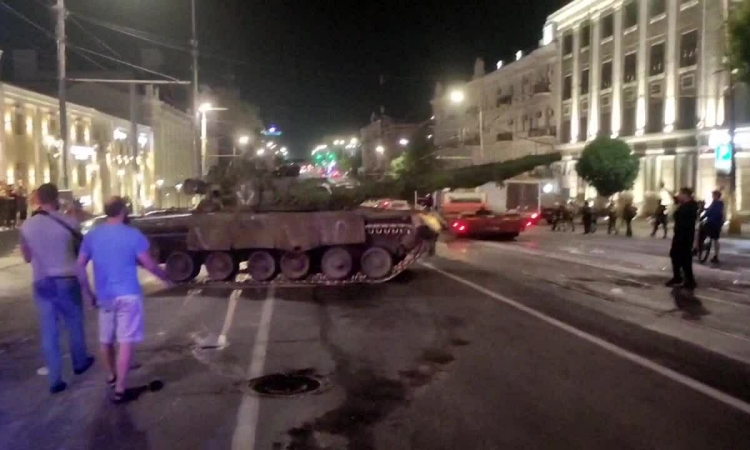
![[Photo] Prime Minister Pham Minh Chinh chairs a meeting on the implementation of the Lao Cai-Hanoi-Hai Phong railway project.](https://vphoto.vietnam.vn/thumb/1200x675/vietnam/resource/IMAGE/2025/5/20/0fa4c9864f63456ebc0eb504c09c7e26)







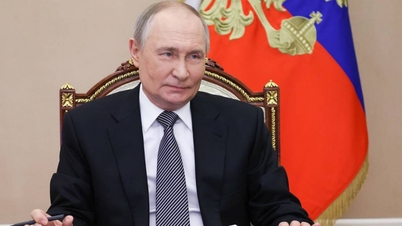

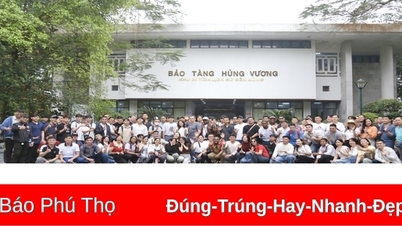

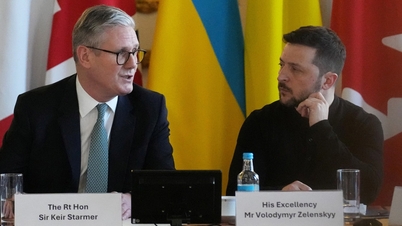
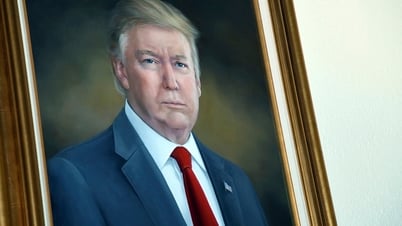
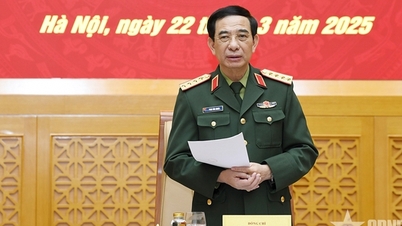

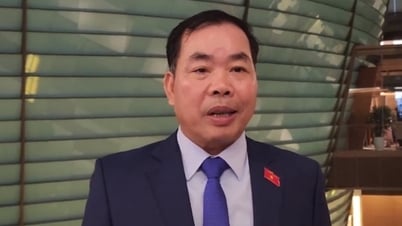



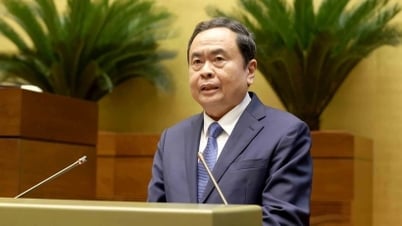
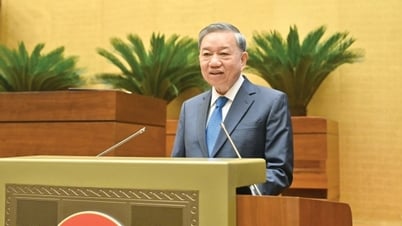
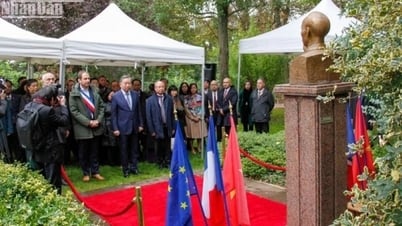











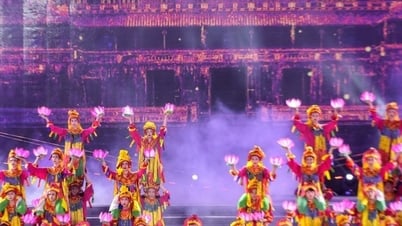











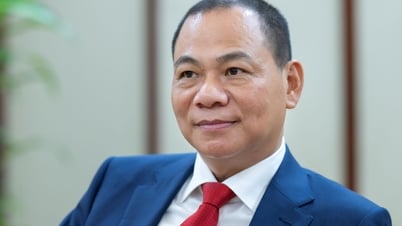
















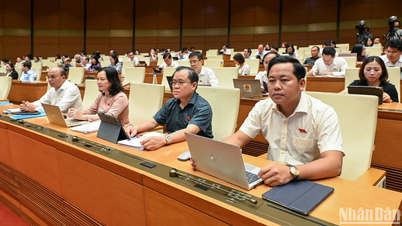

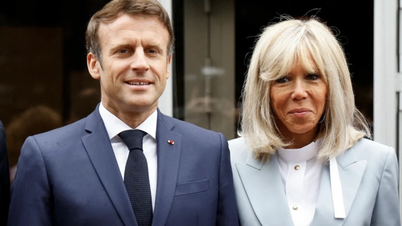
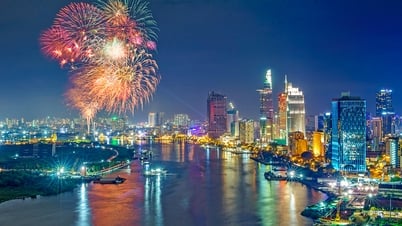
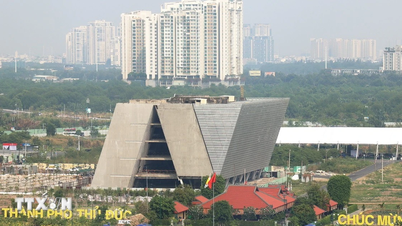


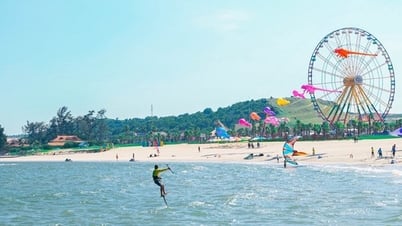

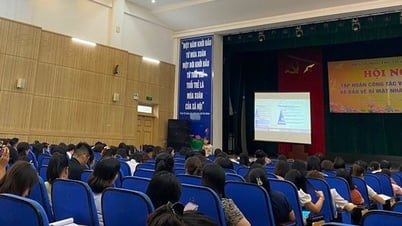
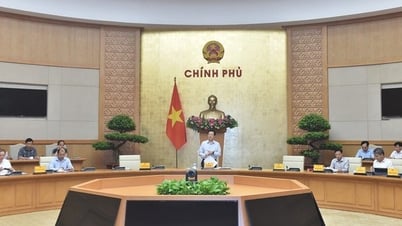
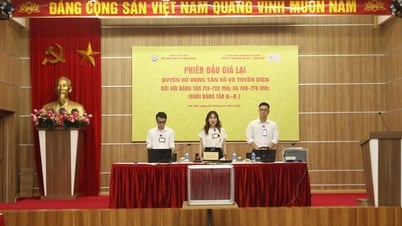


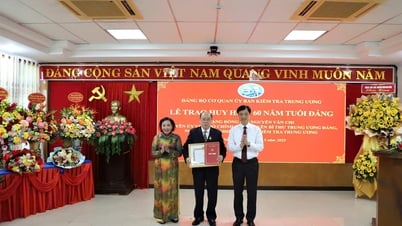

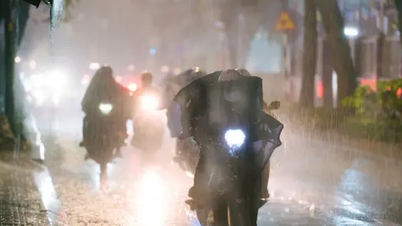



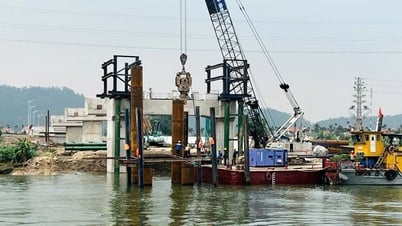

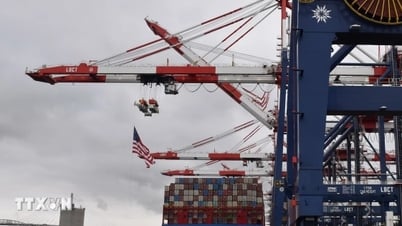














Comment (0)